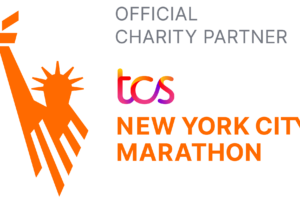For the last year, the National Blood Clot Alliance (NBCA) has been working with the Centers for Medicare & Medicaid Services (CMS) and many other stakeholders on the “Transforming Clinical Practice Initiative” (TCPI). Our role has been to bring the voice of patients and family members to this effort to create a more effective medical care system.
In addition to our participation in TCPI, we have become involved in the “Campaign for Meds Management” (CMM). This national campaign is coordinated by Medicare’s Quality Innovation Network-Quality Improvement Organizations (QIN-QIOs), contractors that work with CMS to improve the quality of services in Medicare and other health programs. Anticoagulation medications are considered high-risk due to the number of emergency department (ED) visits and hospitalizations related to medication errors and complications. Our role in Phase 1 of this campaign was to provide the patient and family perspective to improve healthcare outcomes by reducing preventable adverse drug events (ADEs).
Work is now underway on Phase 2 of the CMM. The goal is to promote patient-centered medication management, advance shared decision-making models, and emphasize the patient voice in healthcare.
The campaign is working toward these goals by seeking commitments from stakeholders to join the campaign, building a resource center for healthcare providers and patients who take high-risk medications, and sharing medication management stories from real people. This is where we would like to ask for your help. We are looking for stories that describe patients’ experience with managing medications or how they work collaboratively with their healthcare providers or caregivers on safe medication practices.
Your participation is important to improving healthcare, particularly around medication management, and this is a good way to join NBCA in its efforts to Stop the Clot®. Your cooperation is greatly appreciated.
To learn more about blood clot risk, signs/symptoms, and prevention click here.
To learn more about the spectrum of therapies used to treat blood clots click here.






